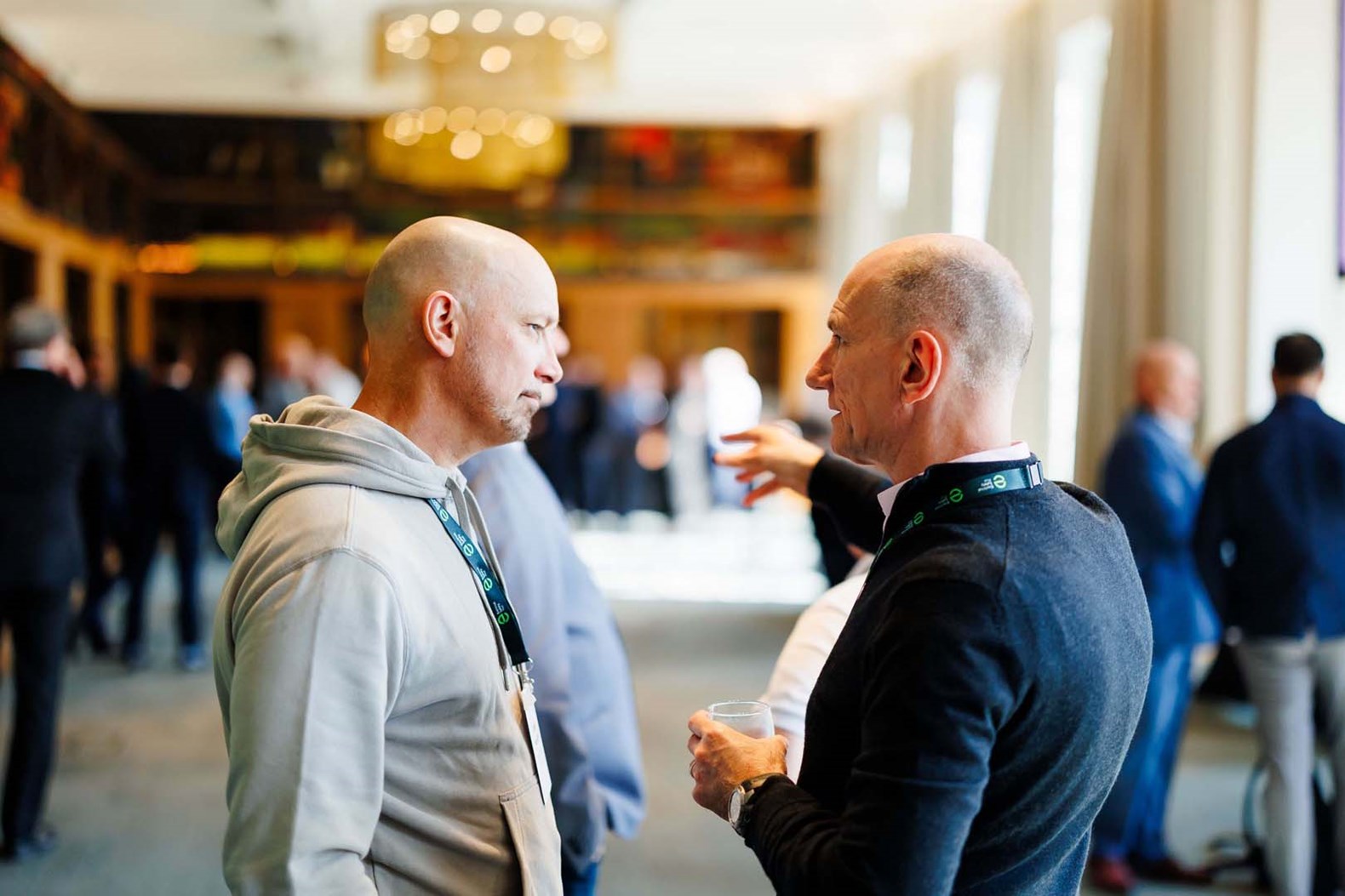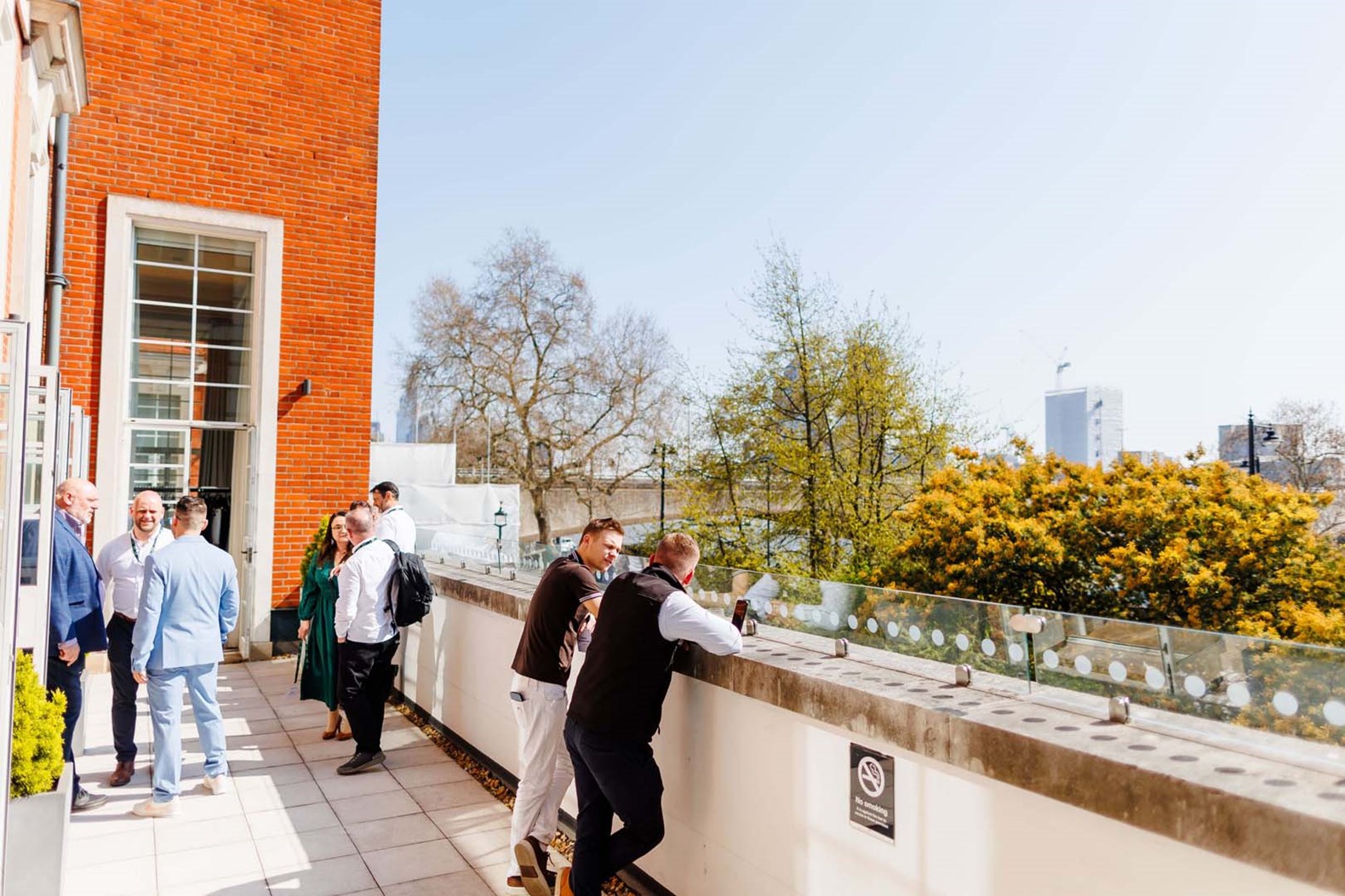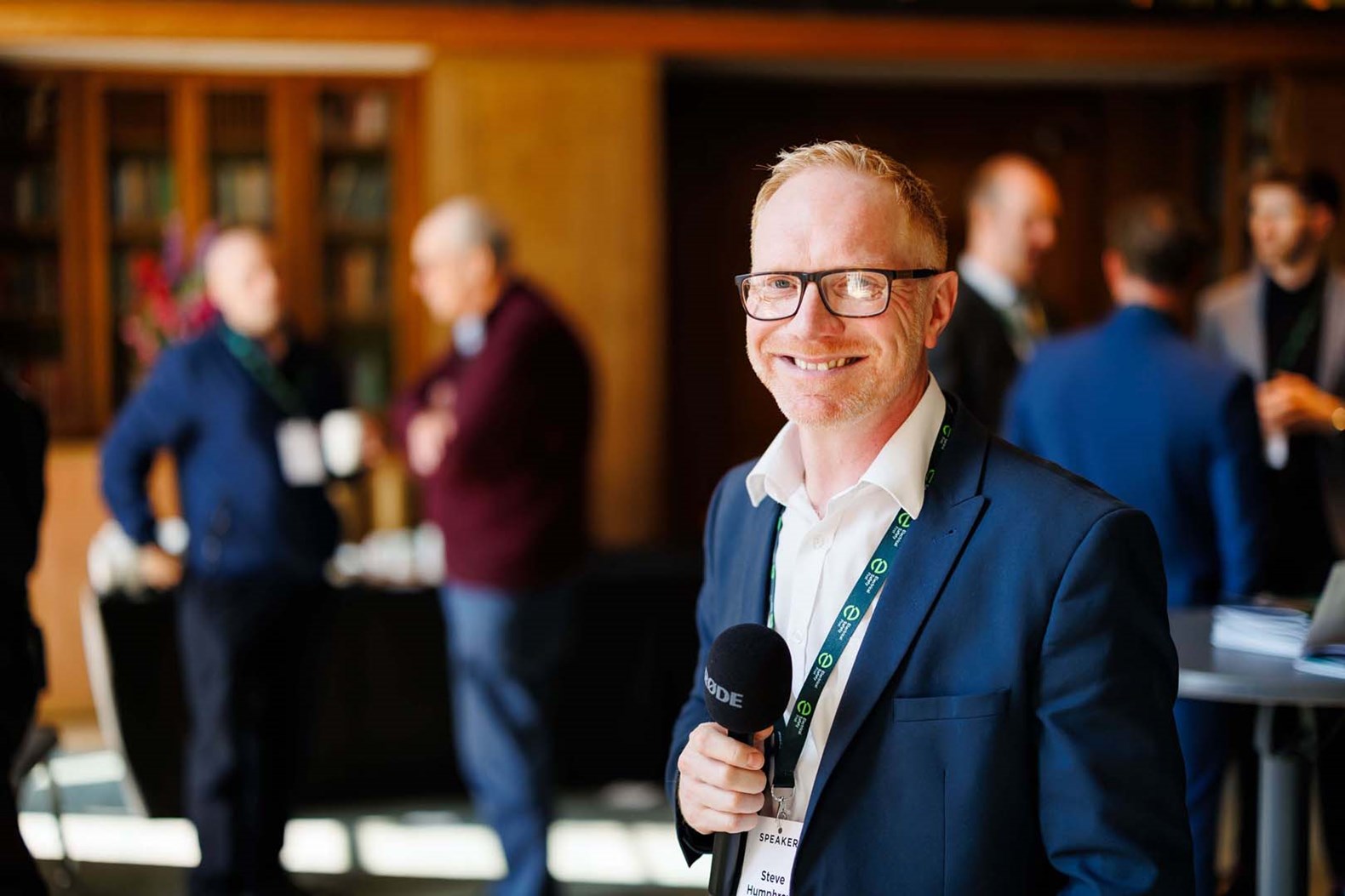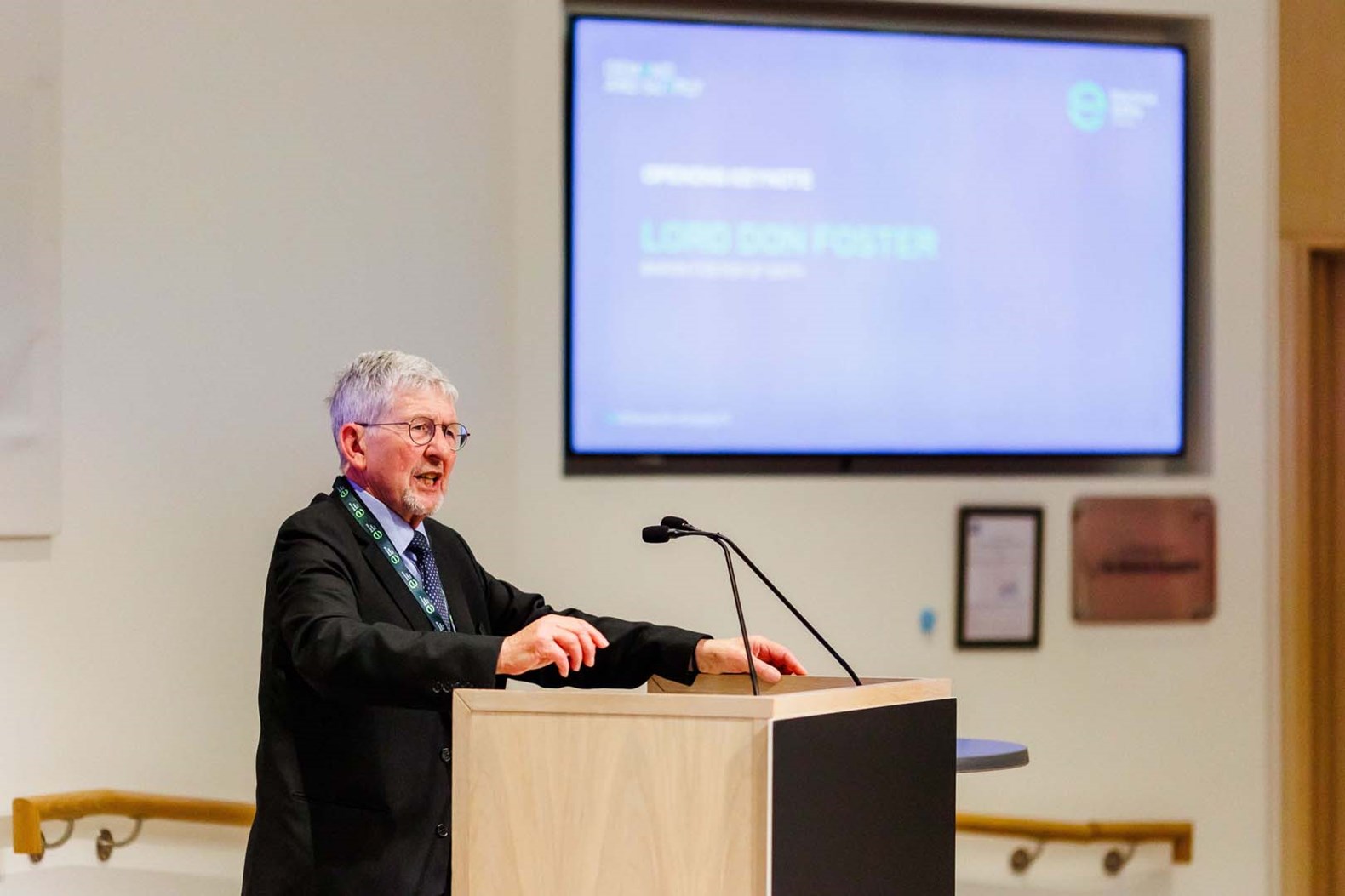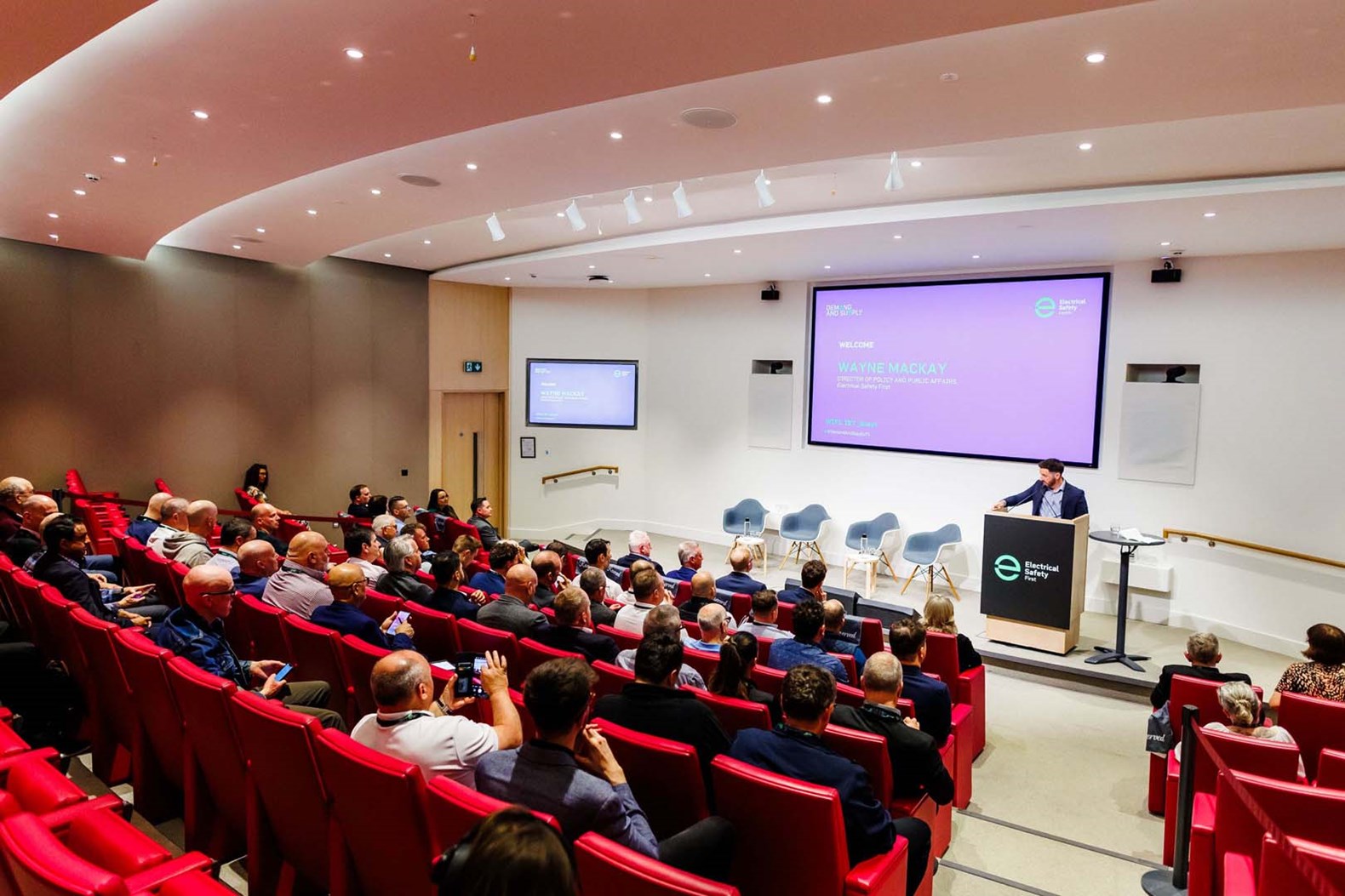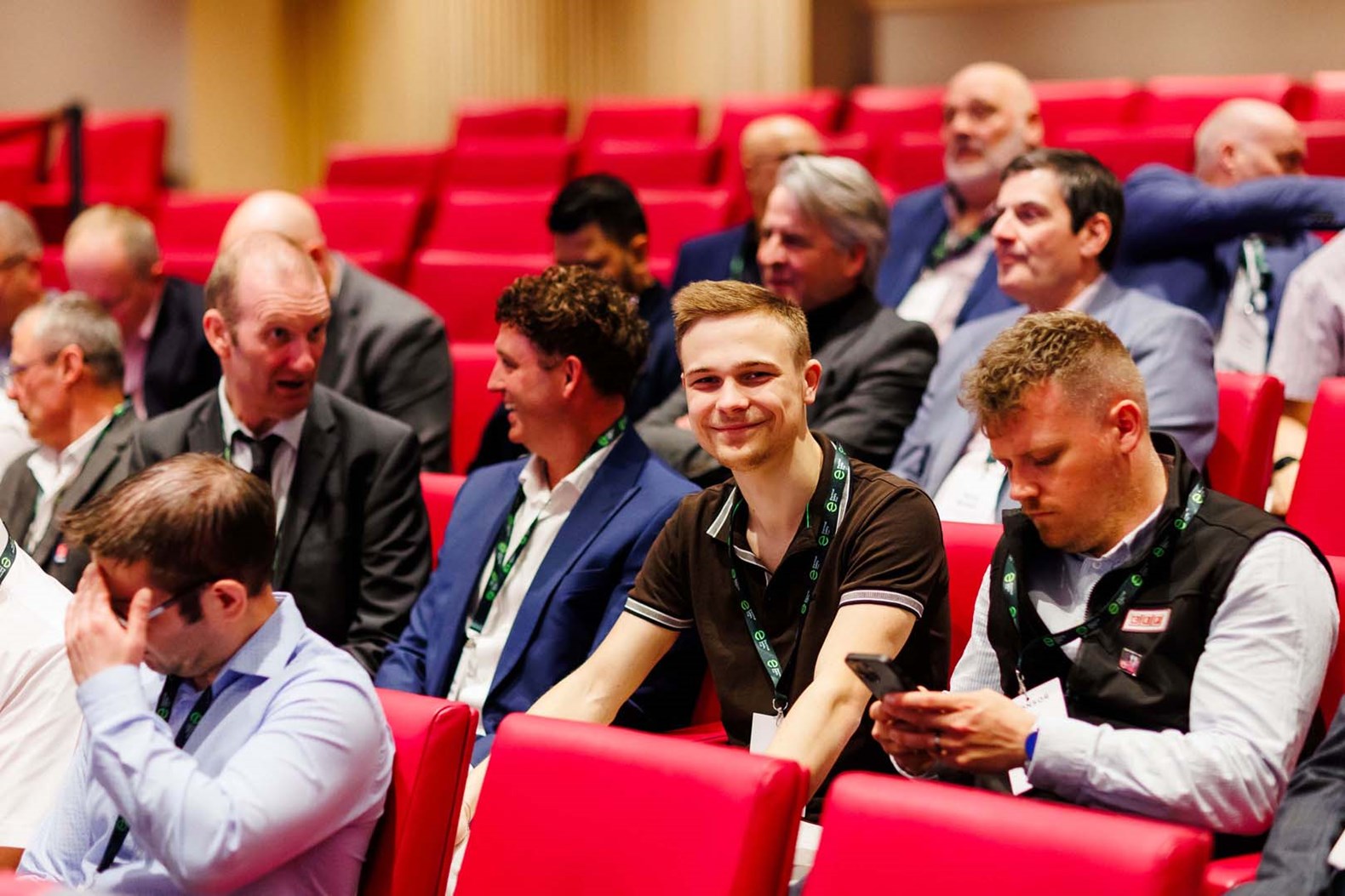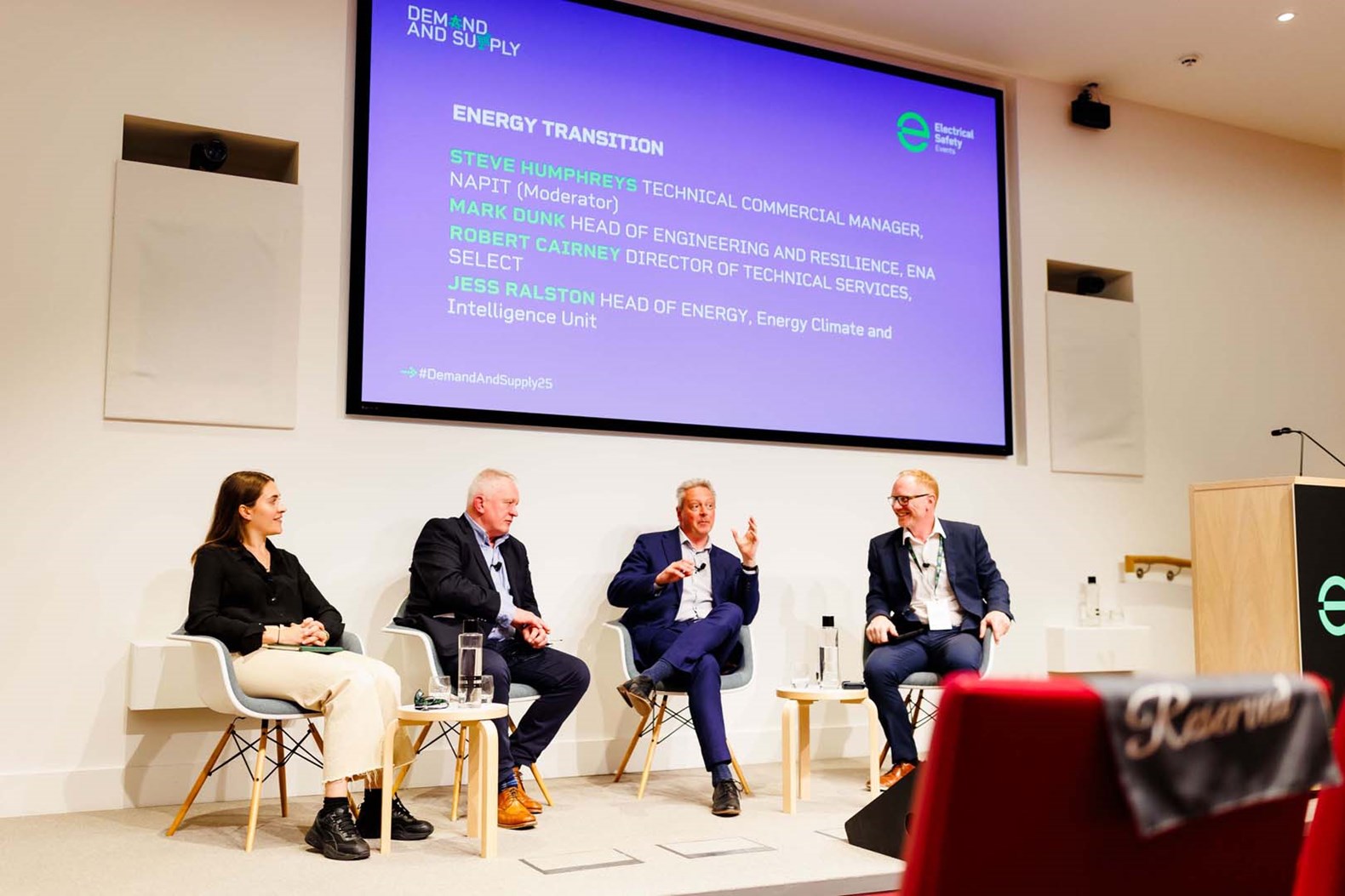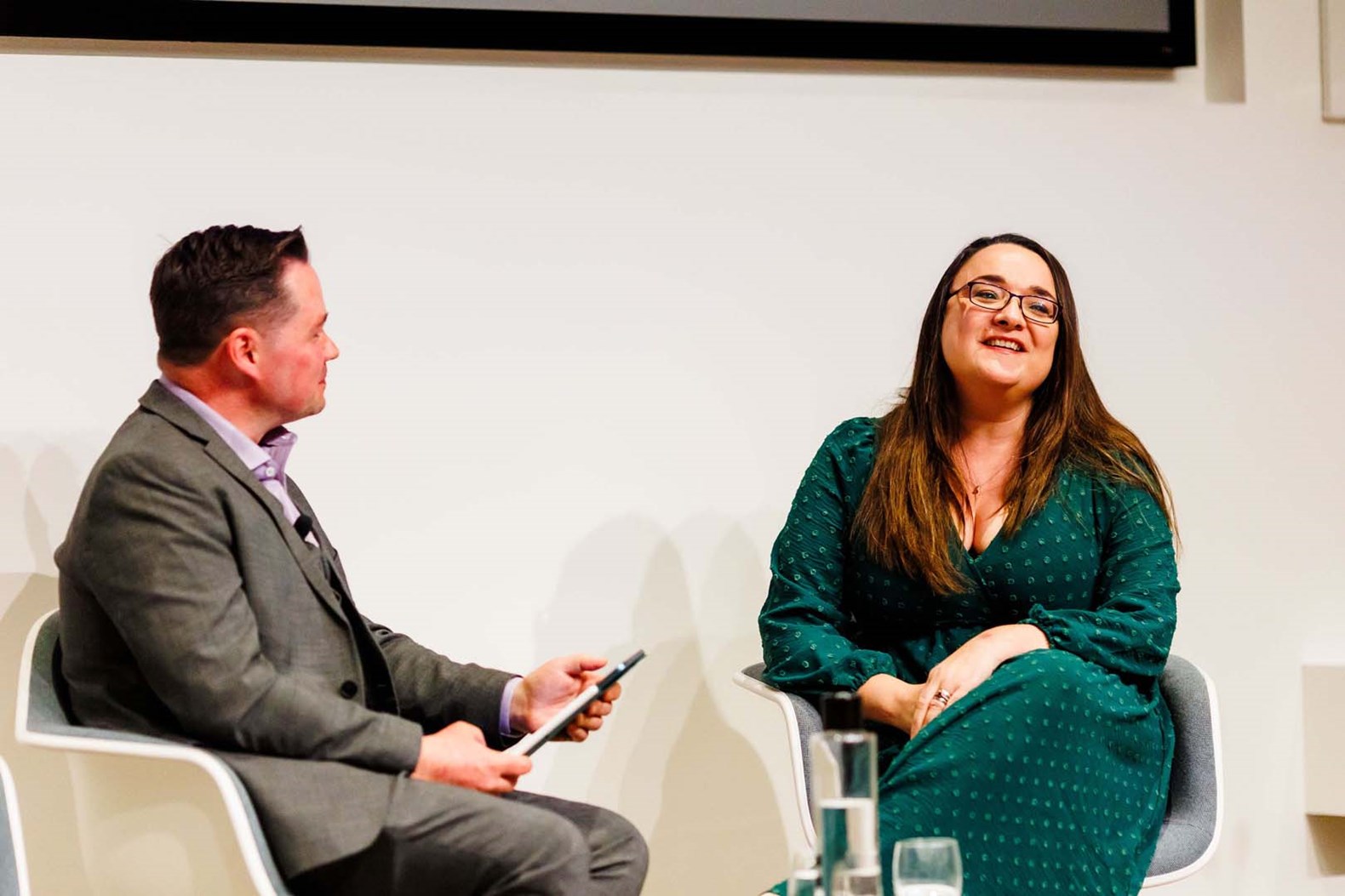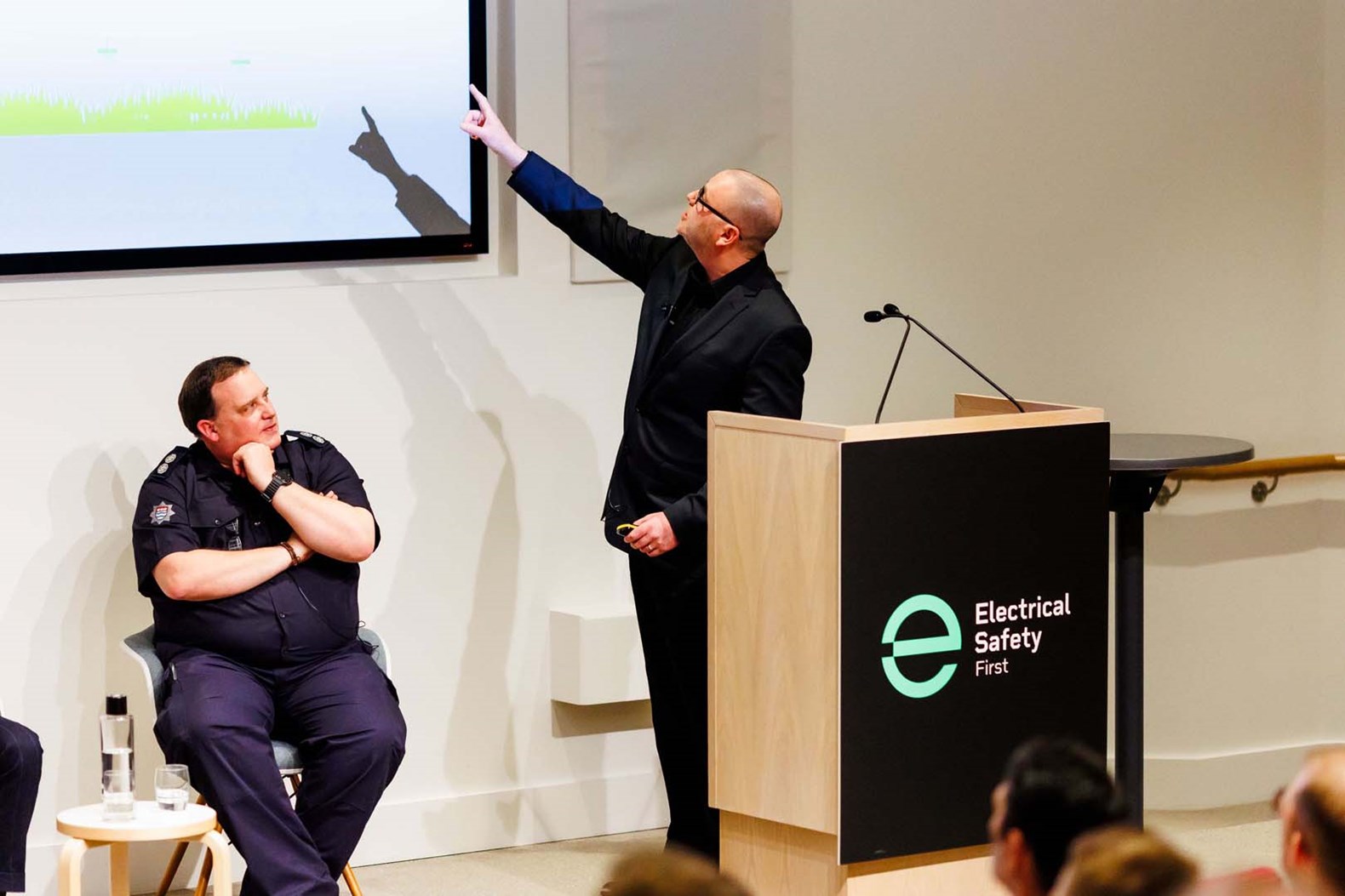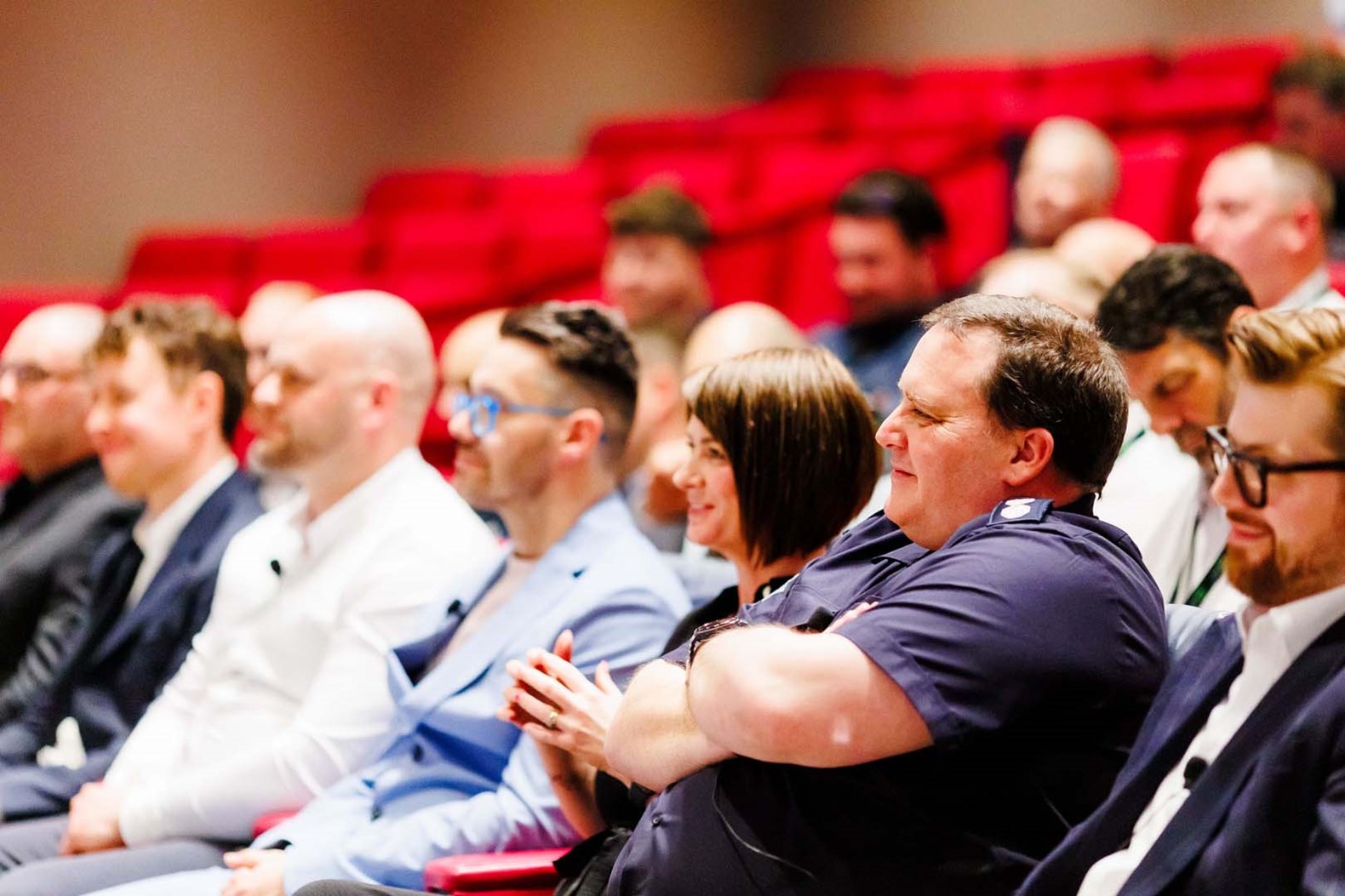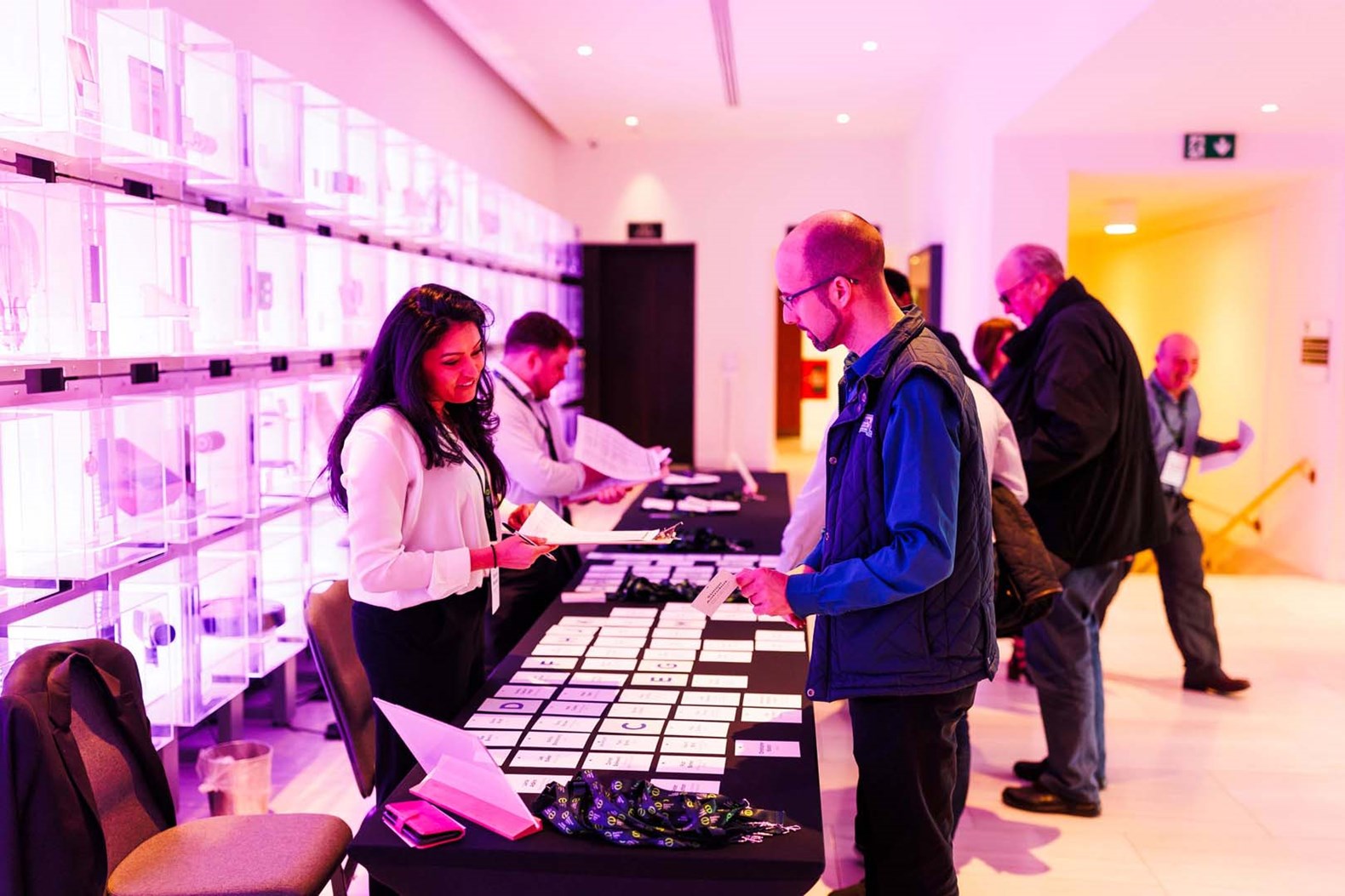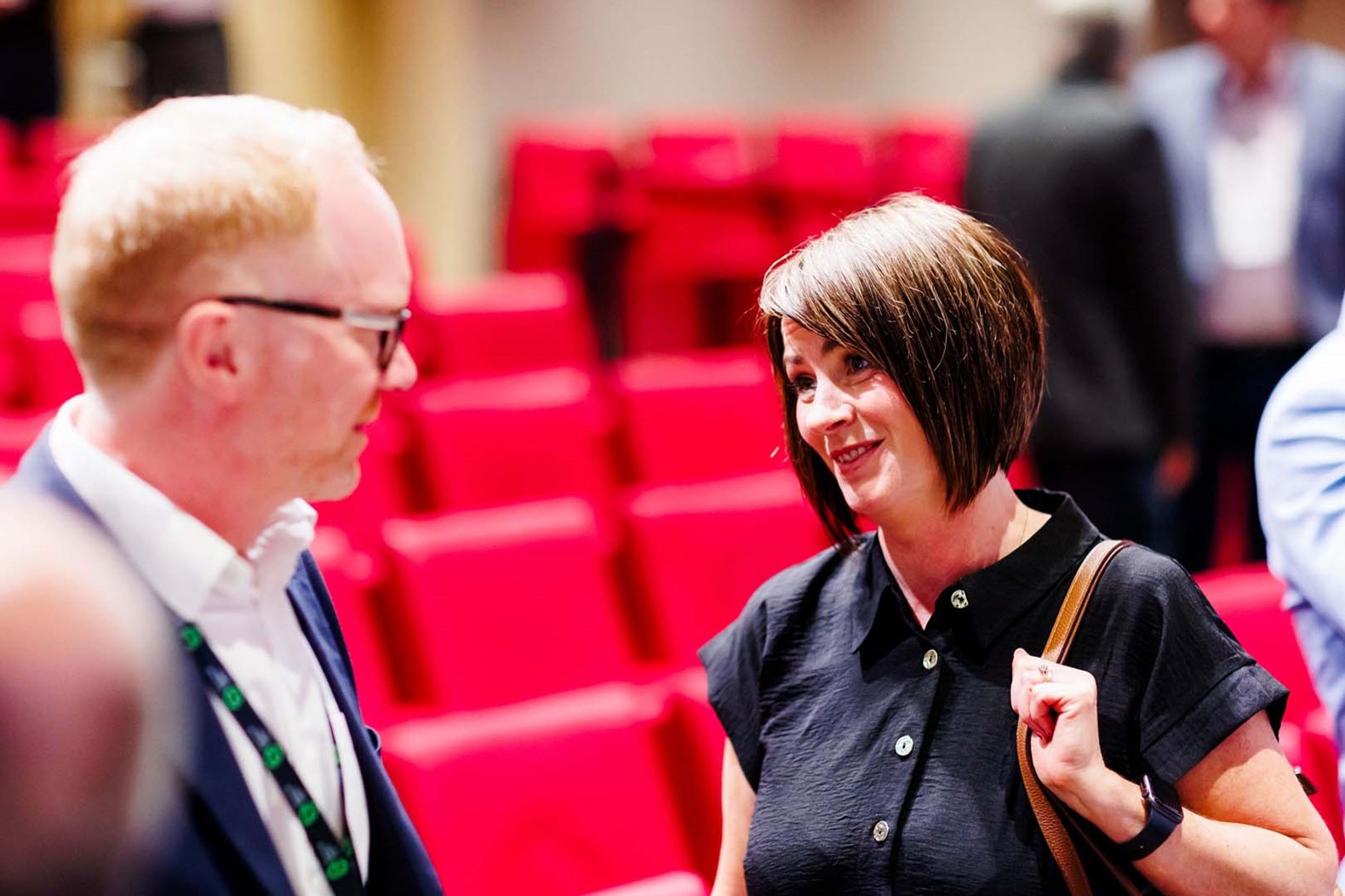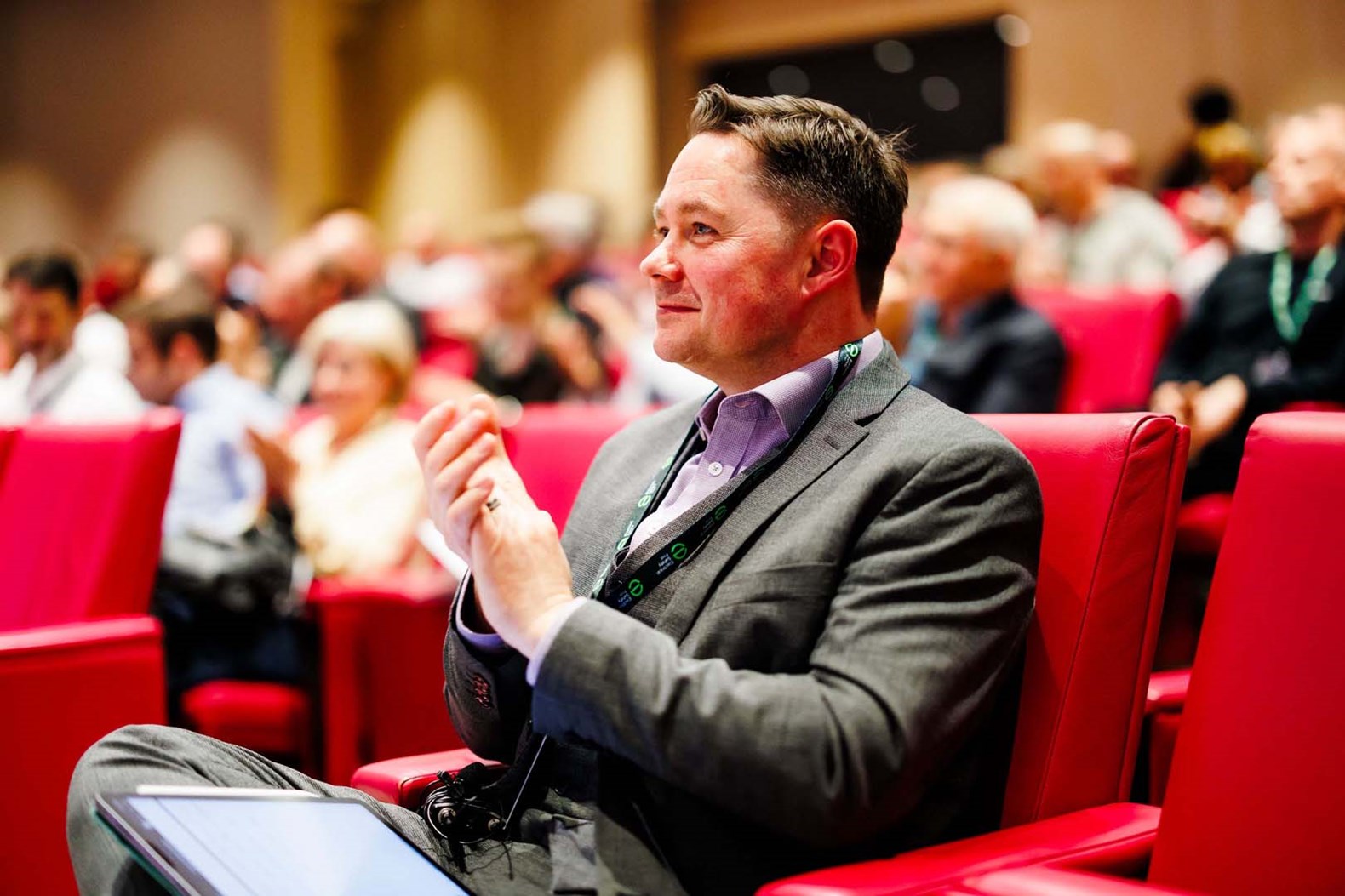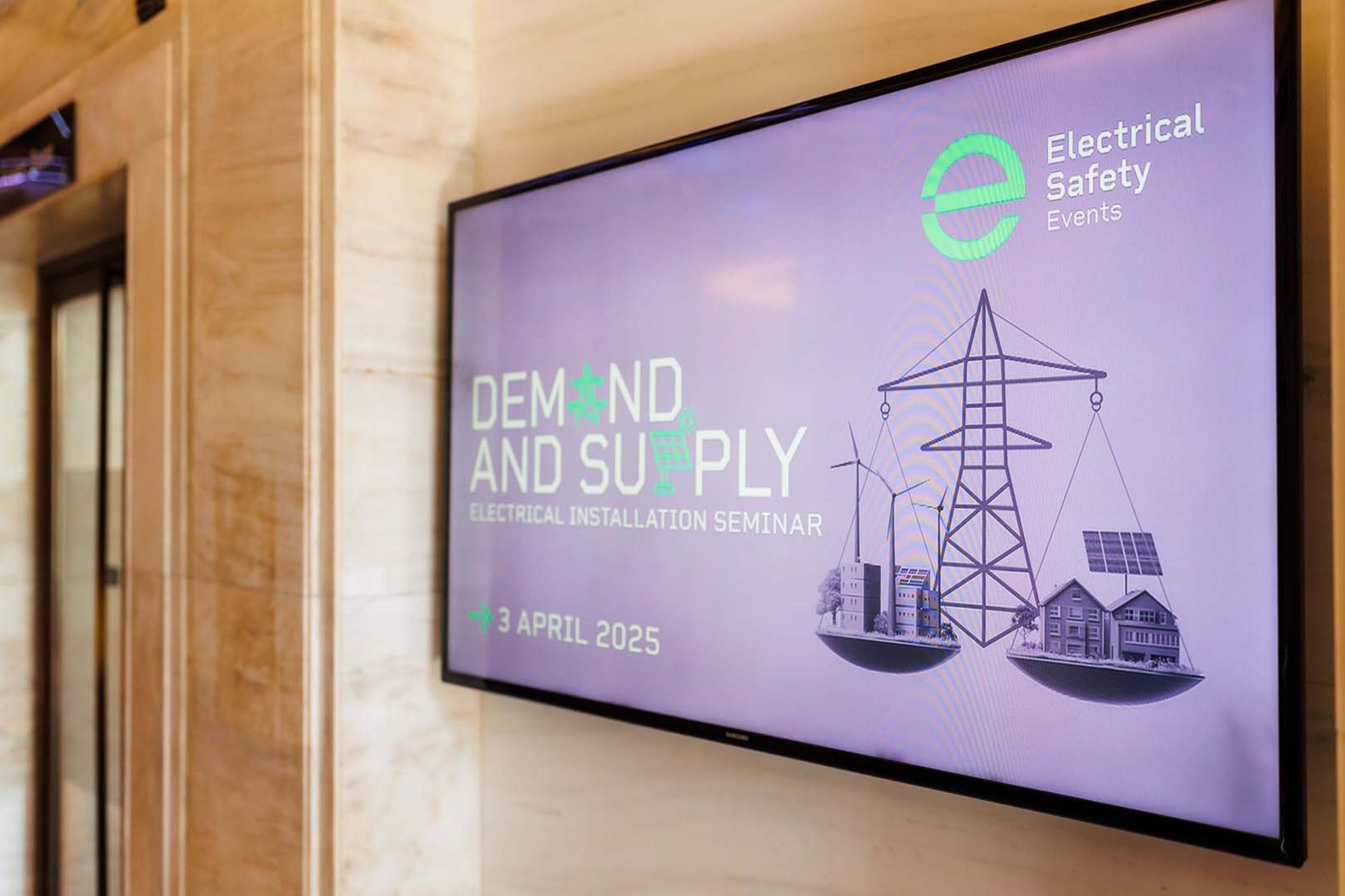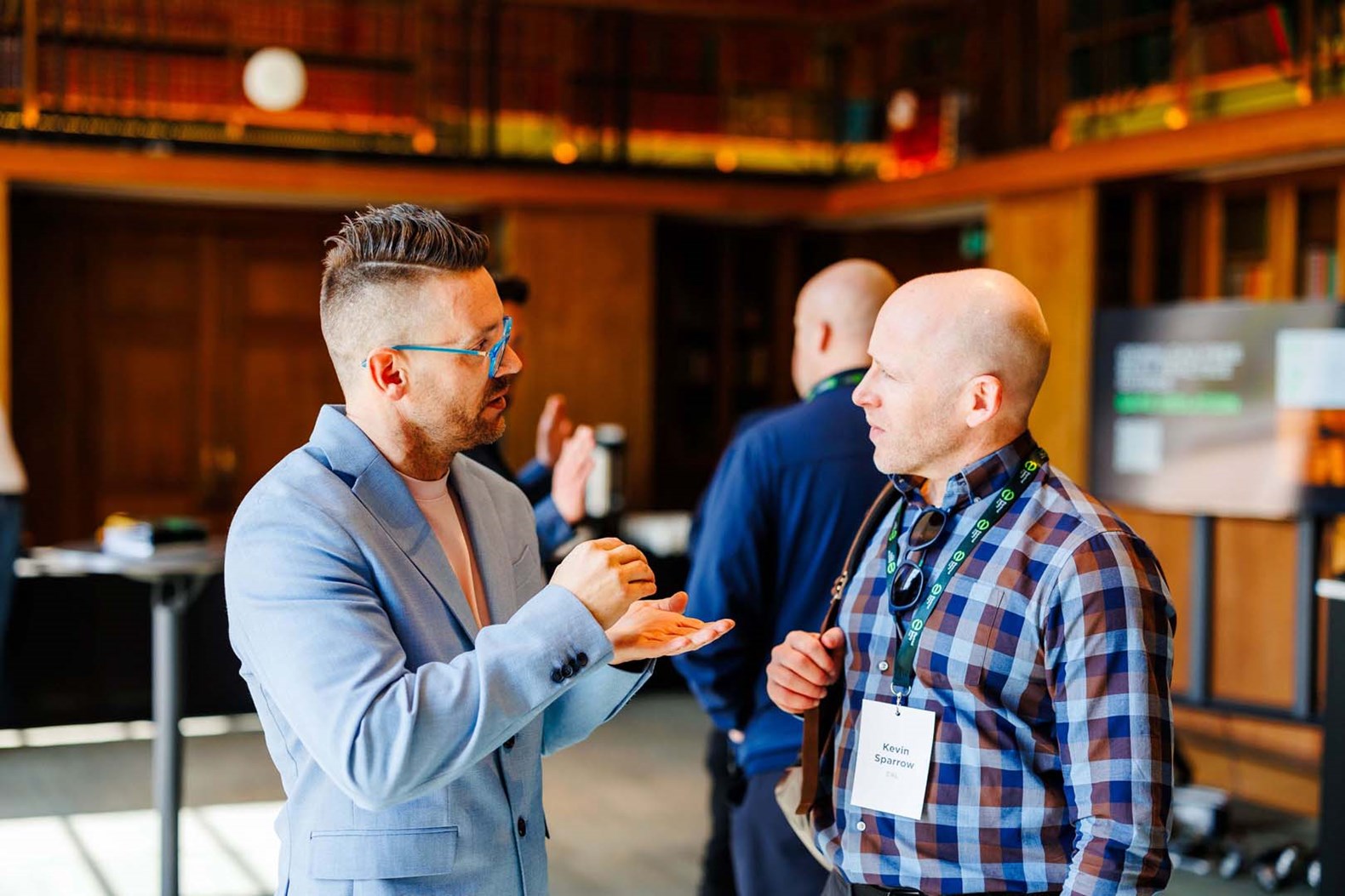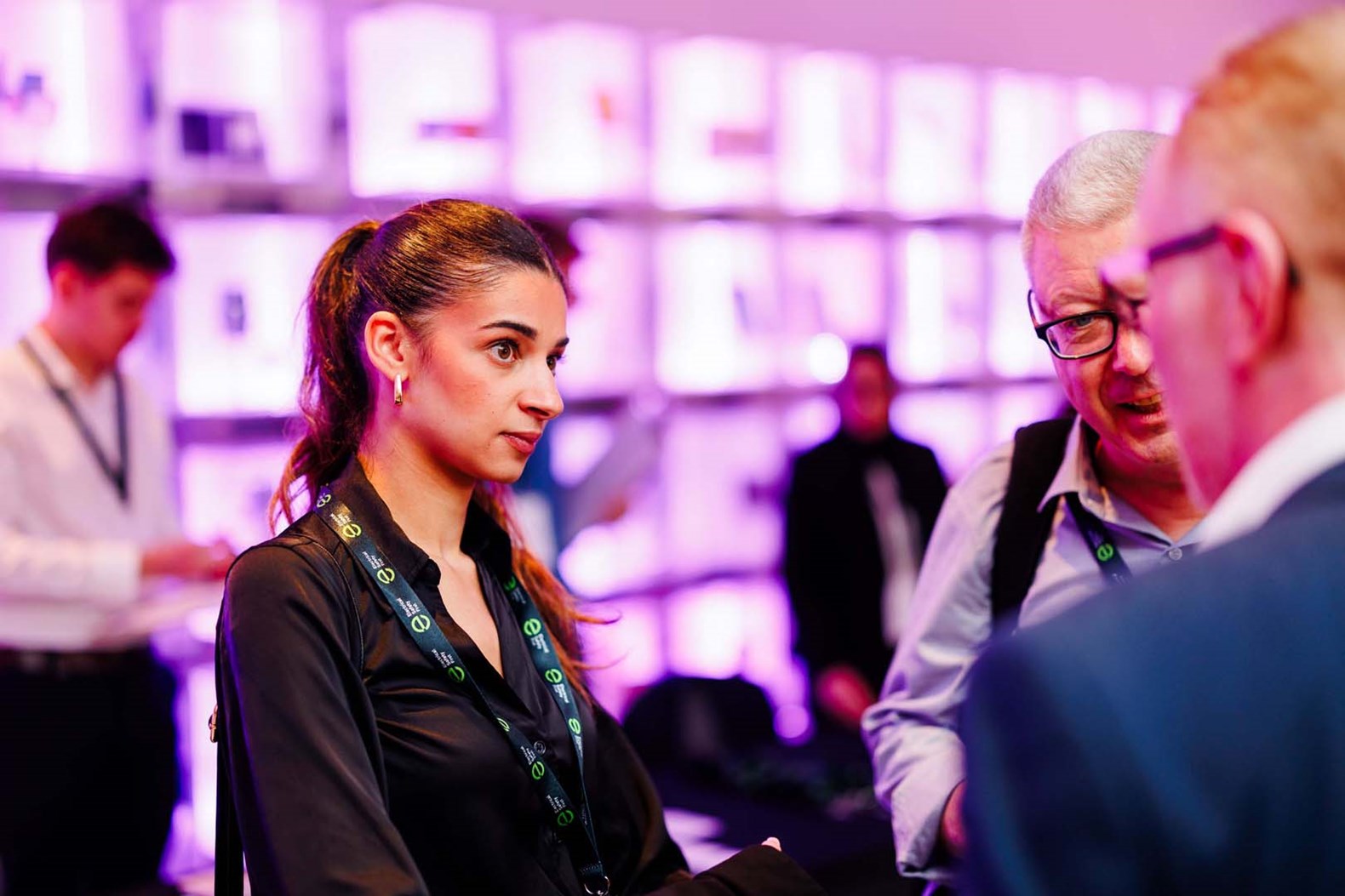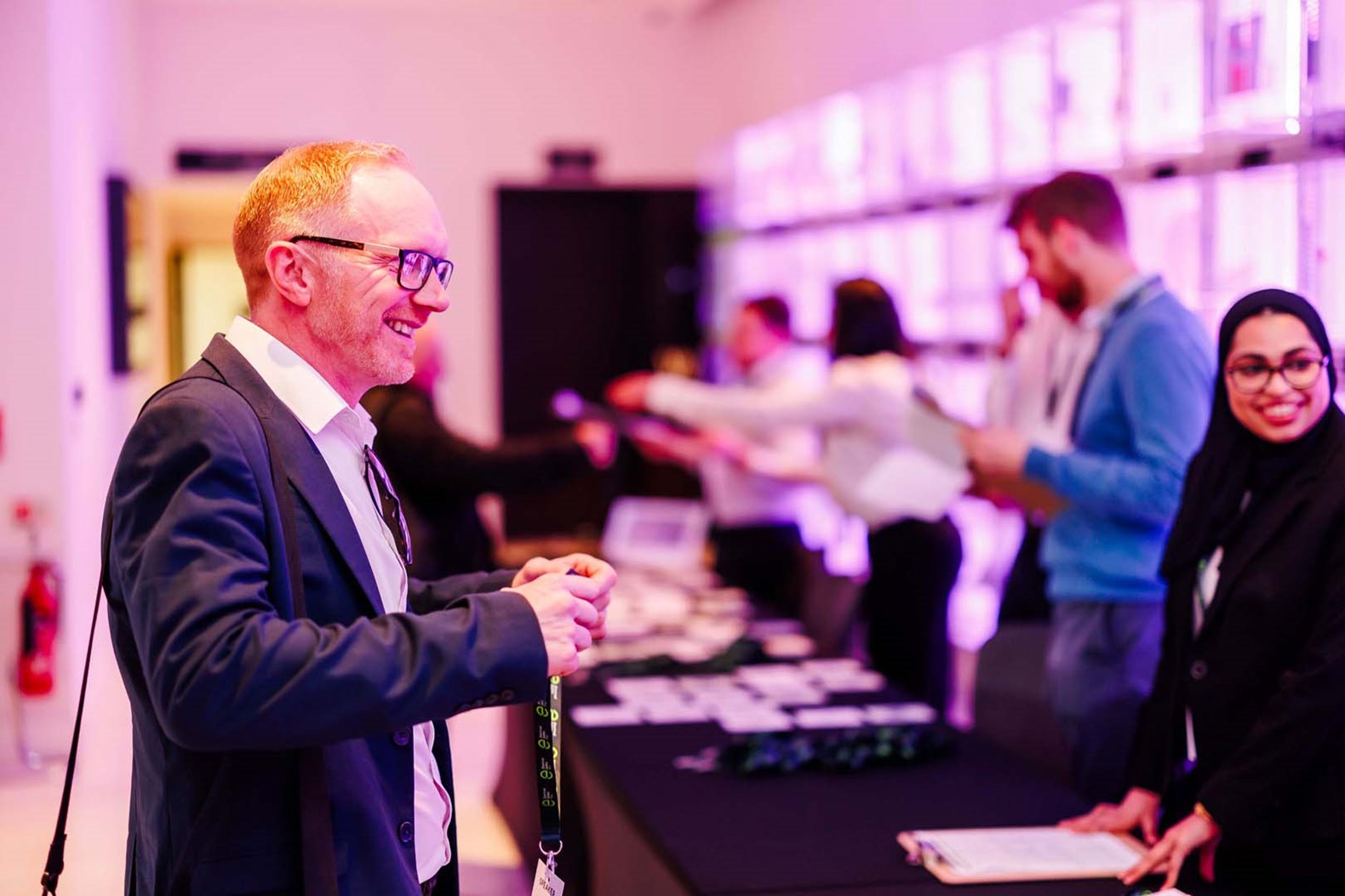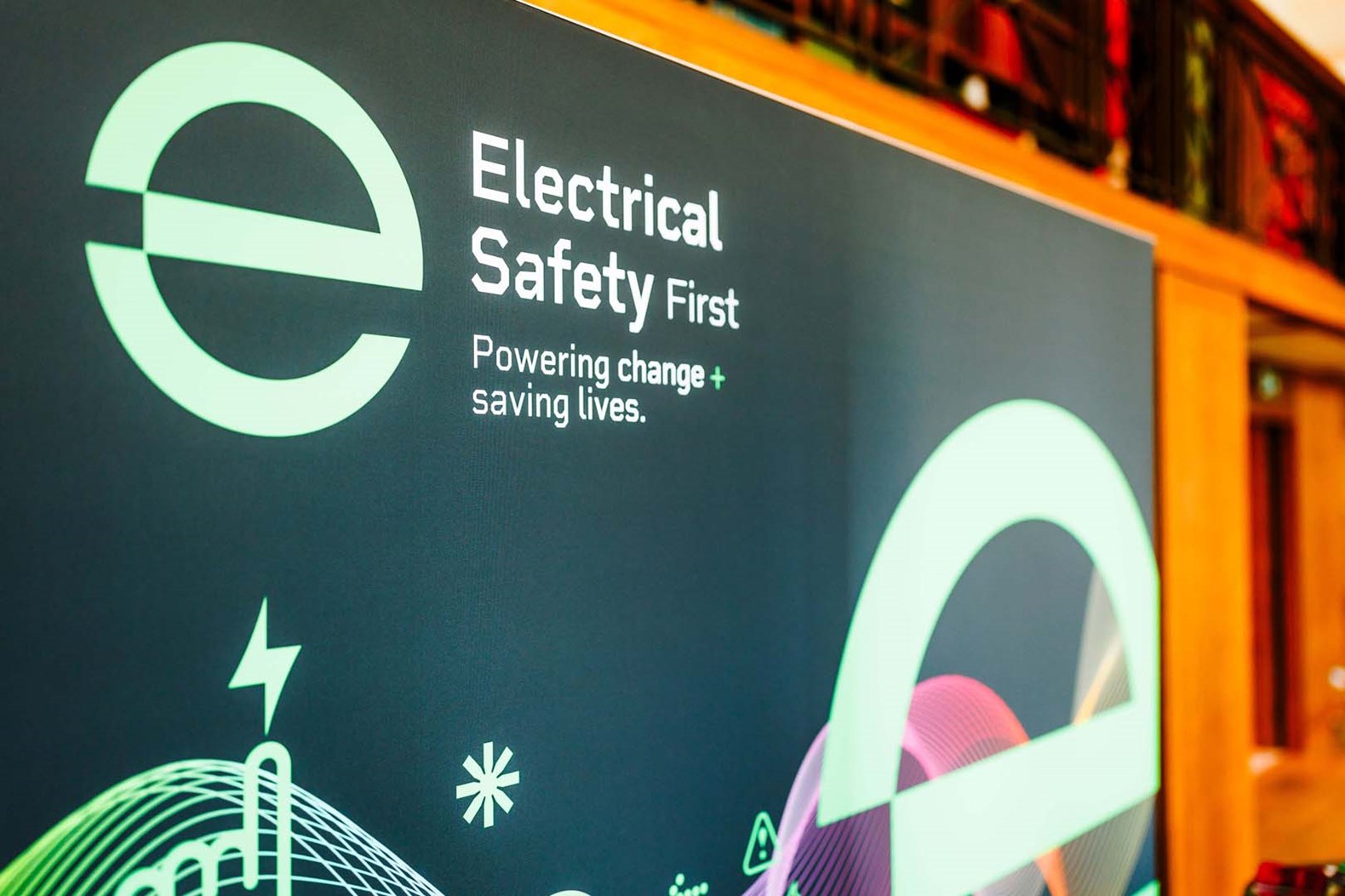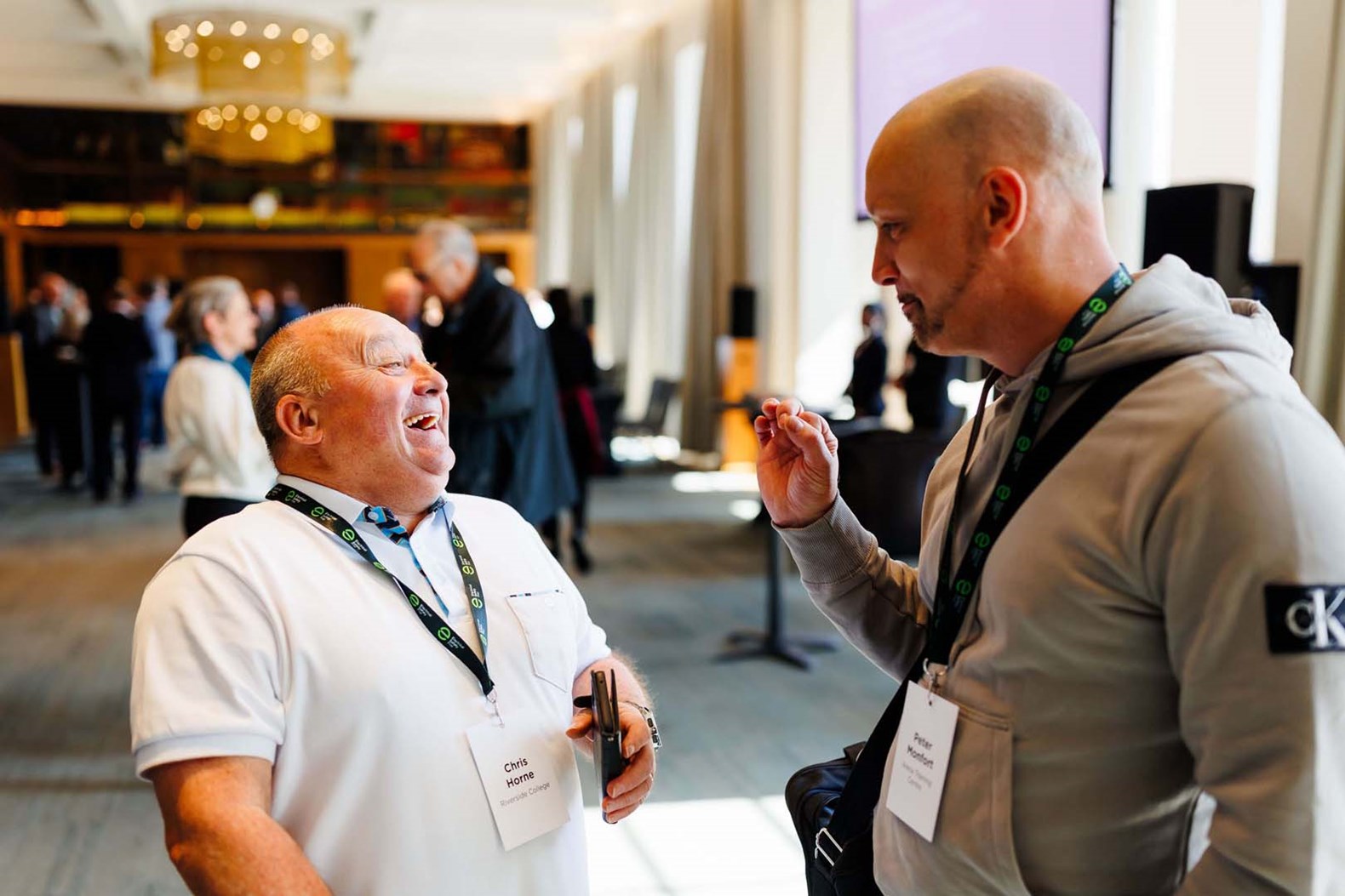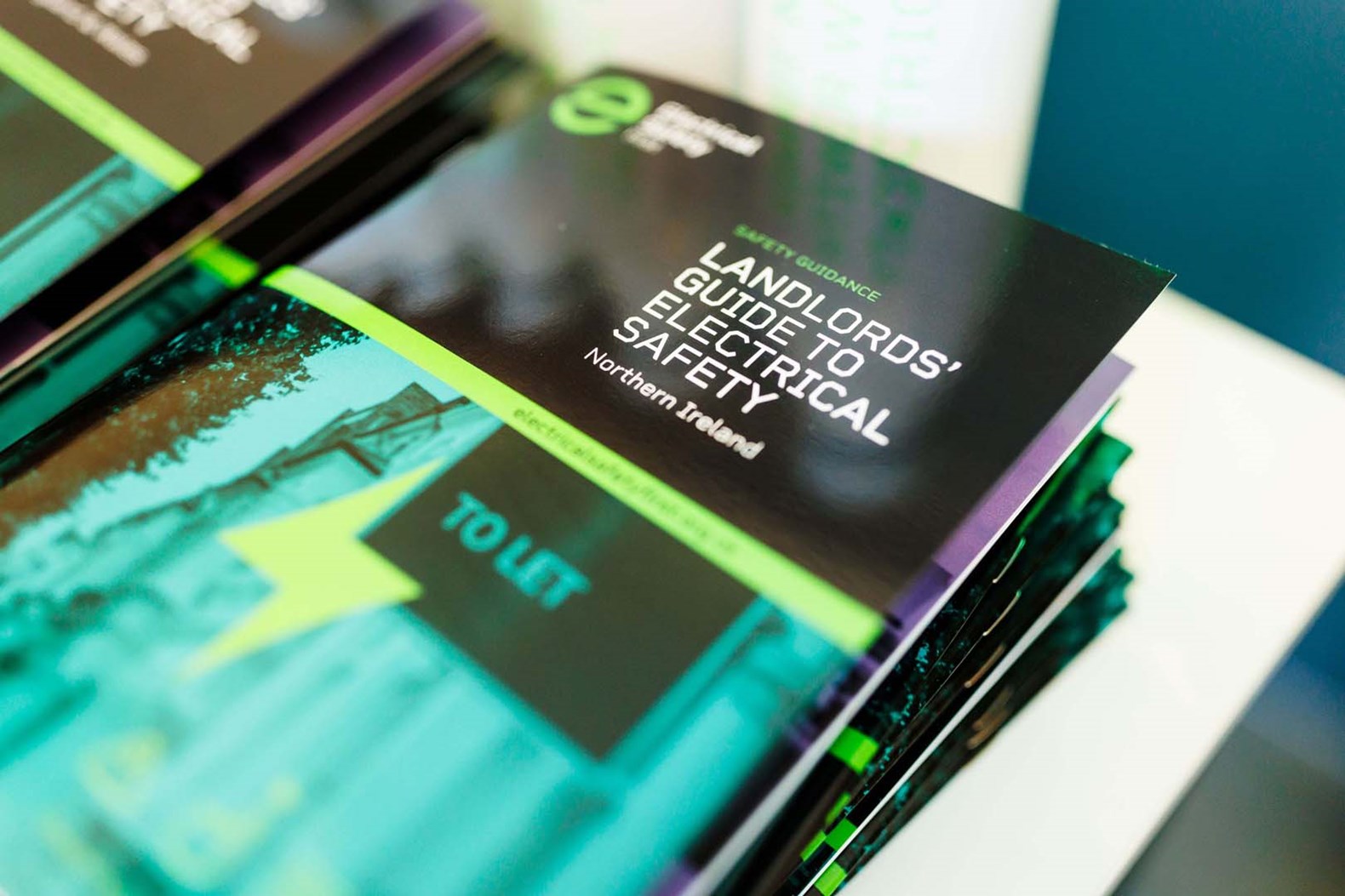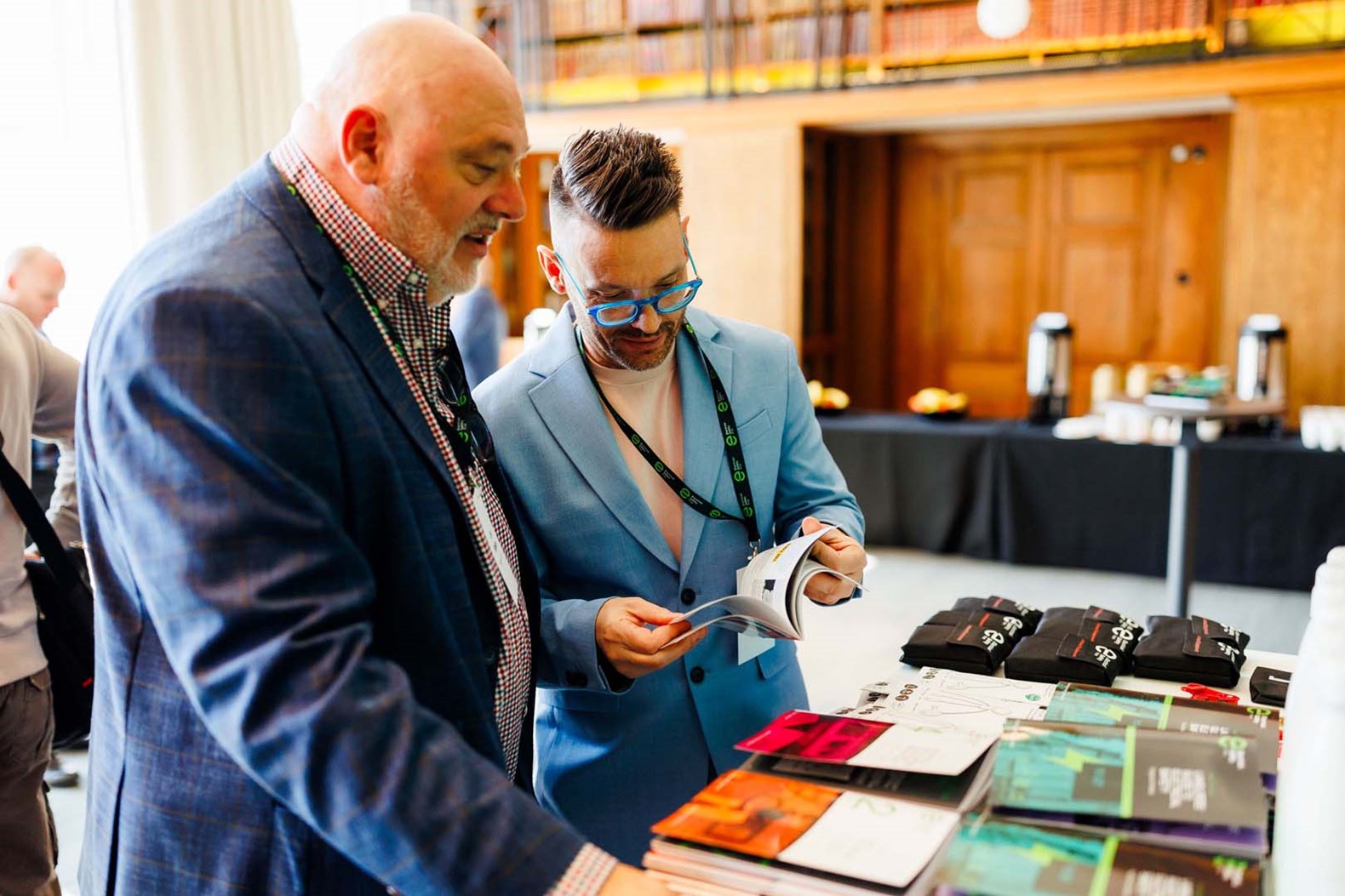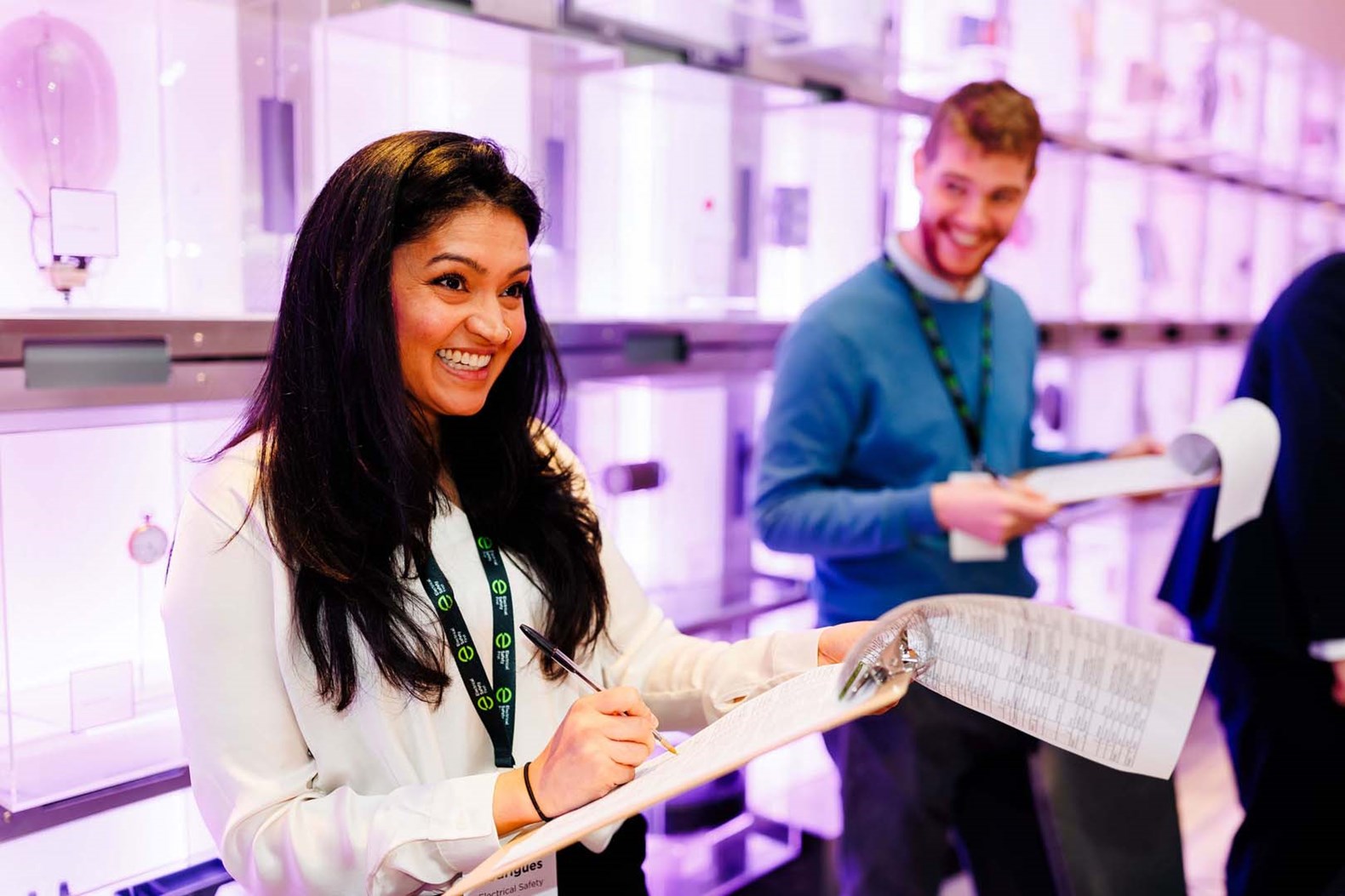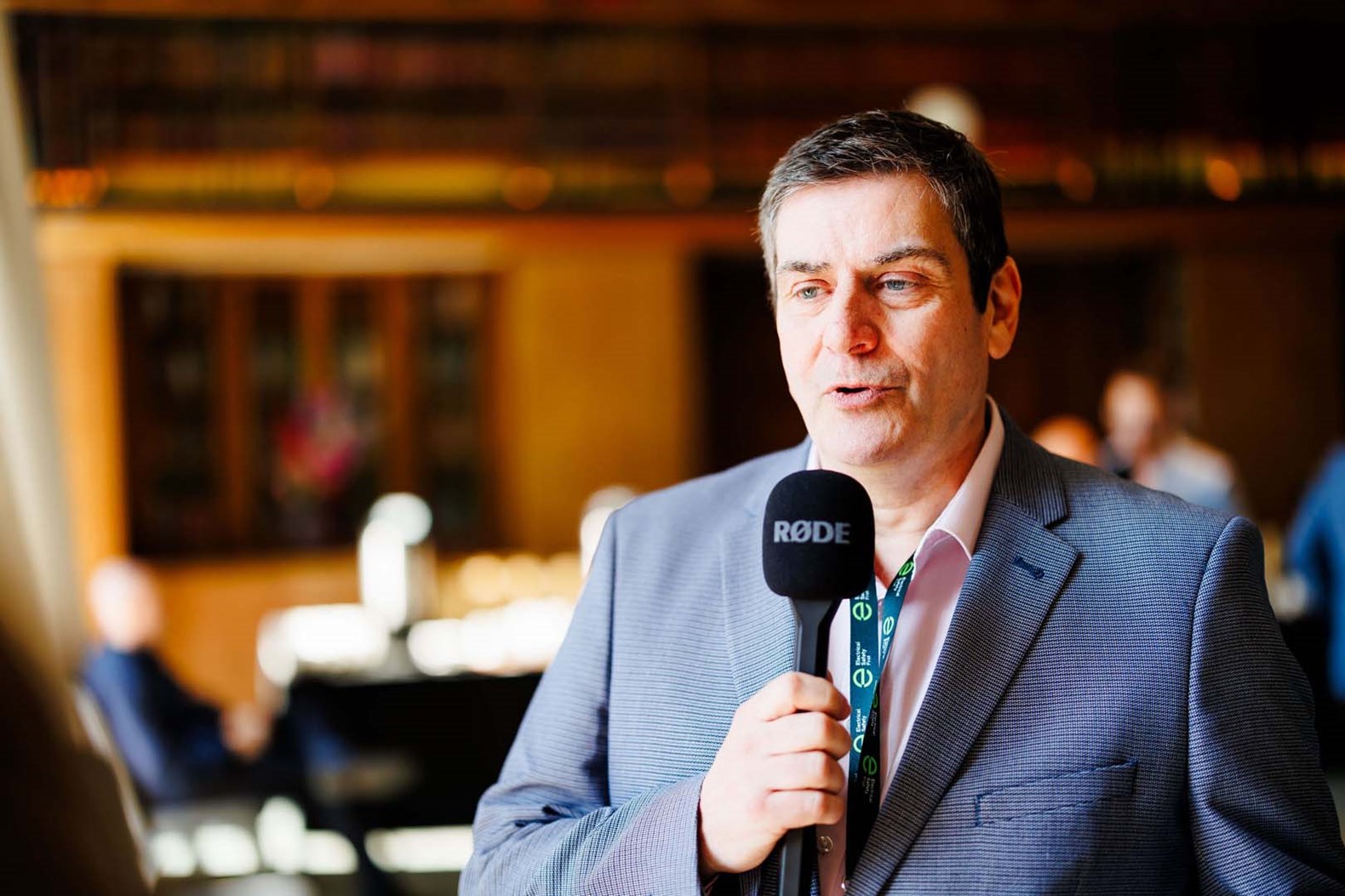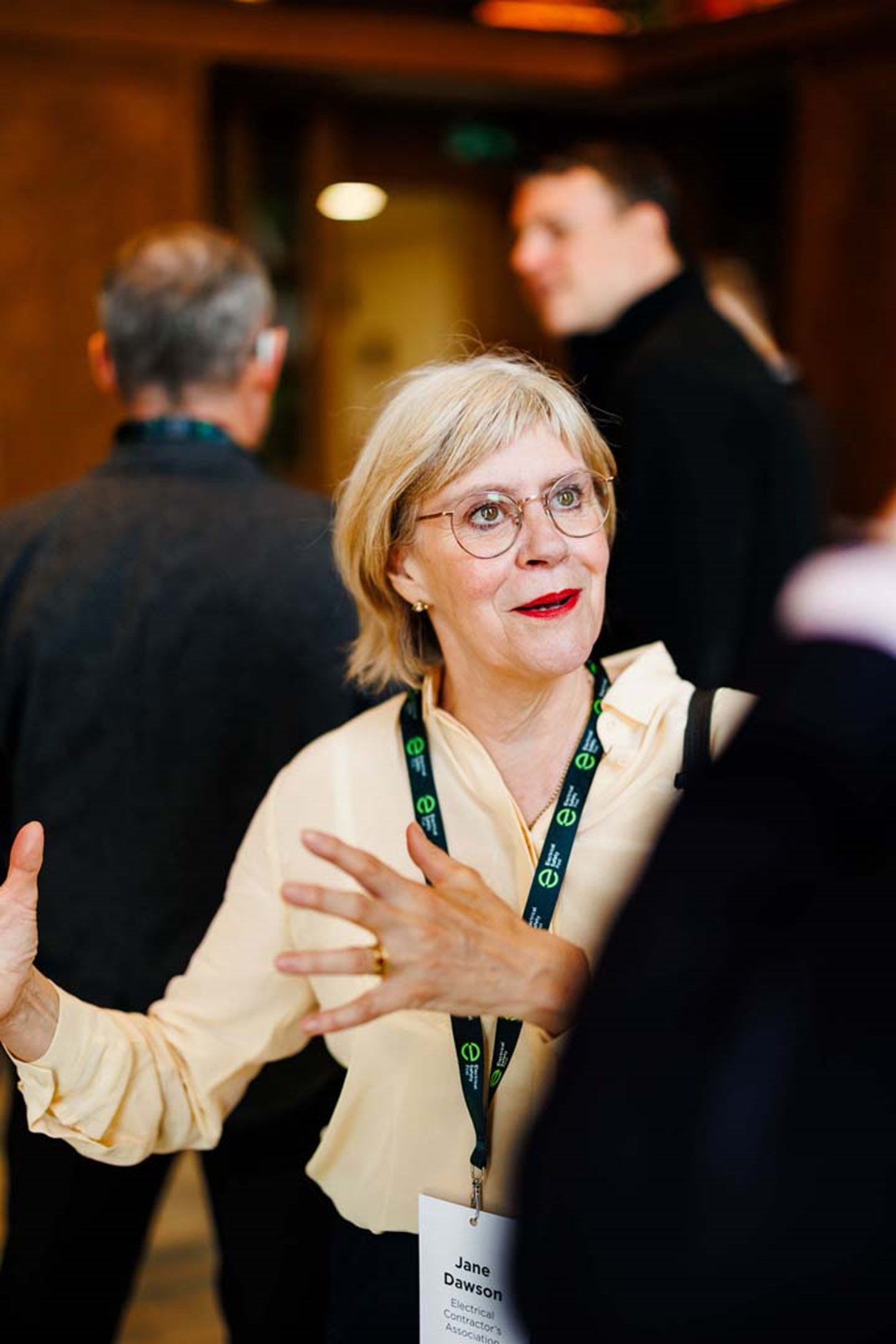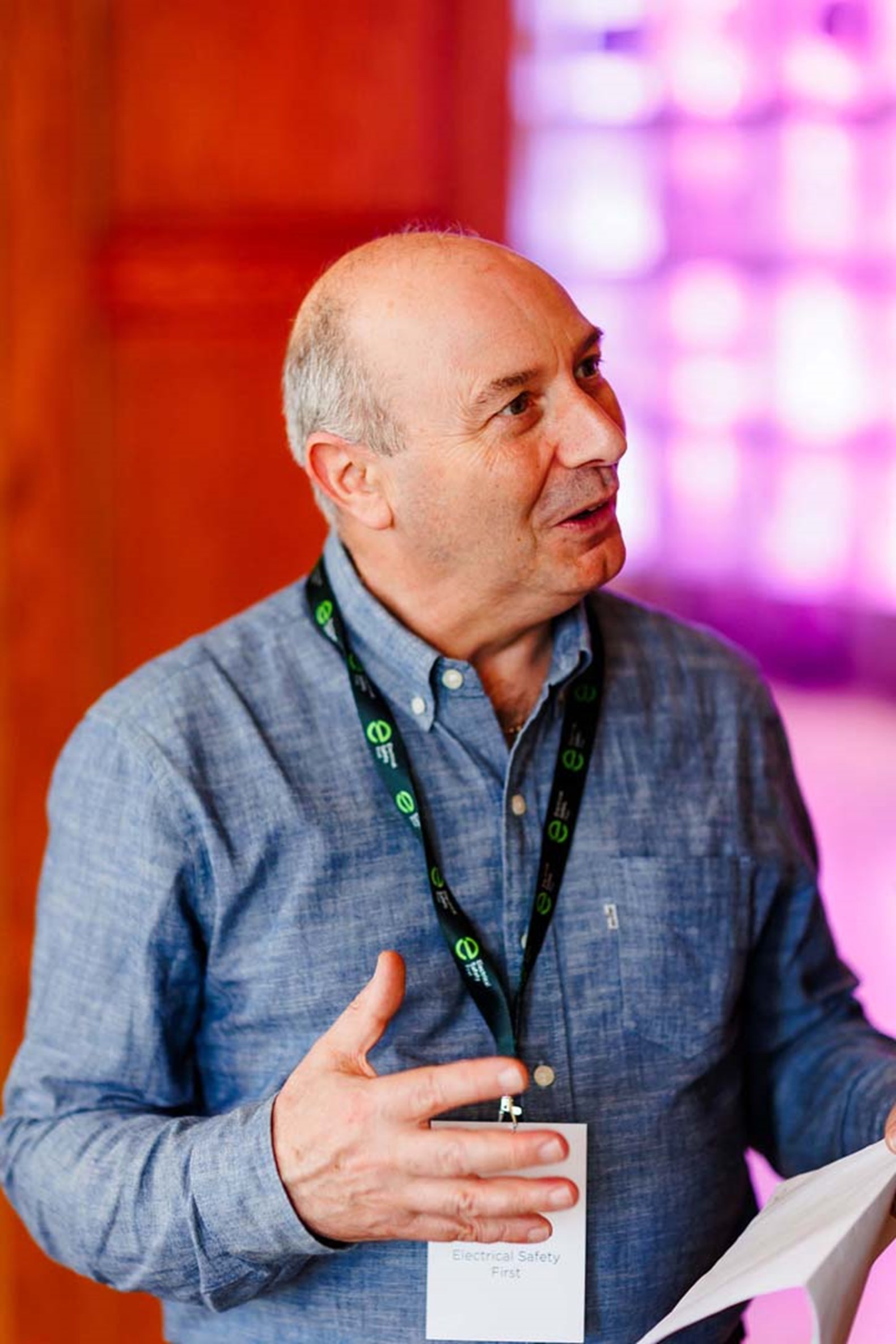
3 April 2025
IET, Savoy Place, London
As the UK heads towards a low-carbon electrified future, the need for the electrical installation industry to modernise was under the spotlight at the 2025 Electrical Installation Seminar.
With a theme of Demand and Supply, the half-day event focused on the issues associated with infrastructure modernisation and the increasing demands on the UK’s building stock.
Expert speakers discussed how energy provisions and services are changing and the subsequent impact on the workforce in terms of safety, quality and competency requirements.
Held at the historic IET building in Central London, approx. 100 delegates saw presentations and panel discussions highlighting learnings from the UK’s energy transition to date, and what is still needed for the UK’s ambitious net zero targets to be met.
Opening the event, Lesley Rudd, CEO of Electrical Safety First, stressed the need to ensure safety is embedded in every stage of the move to low-carbon energy, saying: “It must be at the heart of technology and policy decisions, it can't be an afterthought.”
“We must act decisively to prevent electrical hazards undermining public confidence in net zero. We need policies that support the transition, but they must go hand-in-hand with safety. The pathway to net zero cannot be achieved without investing in resilience. Today's seminar is not just about ambition, it's about action.”
Her words were echoed by Liberal Democrat peer Lord Don Foster, who gave the opening keynote address to the seminar and spoke about the transition being “safe, fair, and effective” and that the “accelerated shift towards electrification must have safety as integral from the very outset.”

He said: “Renewables have generated a record 45 per cent of the UK power. We are witnessing a huge shift in consumer behaviour and, as we navigate this rapidly changing landscape, all these developments hinge on safe electrical installations. The transition to net zero is fuelling demand so we must strengthen the laws.”
Session One: Energy transition
The panel explored how the need for infrastructure modernisation will marry up with increasing demands being placed on existing building stock, ensuring that safety is not compromised.
Key points being made included how consumers are increasingly interested in decarbonisation issues, especially in areas such as heating their homes and transport, but that there needs to be more information campaigns with government involvement to educate the public on new technologies.

There's also a real need for investment as the electricity network has been under pressure for the past ten to fifteen years and it's about understanding where the demand is going to come from and being able to plan for it so there is enough headroom in the network.
Session Two: Energy as a Service (EaaS) - Saviour or Threat?
Speakers examined how energy provisions and services are changing. Although an ‘energy wrapper’ may be appealing for the consumer, will EaaS prove to be the industry's ‘disruptor’? And how will it impact the safety, quality, and competency requirements of the workforce?
New skills remain a challenge for the electrical industry, with a need for training to grow exponentially in the coming years. There is an established apprenticeship system and a much larger college and classroom provision, but currently they don't gel well.

This means that, although plenty of government money is being made available for “green skills” and there is a huge demand to join the industry, many end up disappointed and don't progress. The two systems need to be brought together, and the money spent more effectively.
In addition, consumers are expected to consider expensive upgrades to their domestic installations which most cannot afford to do in one go. Therefore, piecemeal upgrades are becoming more common, furthering the need for ‘building passports’, connected to a Unique Property Reference Number (UPRN) which build up a picture of the history of a house and aid in the coordination of future works.
Session Three: A safe transition through data, best practice and experiences
To finish the day, a series of quickfire five-minute presentations highlighted new research and industry developments, featuring insights from the London Fire Brigade’s investigation team, a new digital tool analysing levels of energy demand, an investigation into DC earth leakage currents, progress on the transition to net zero in Northern Ireland, and a safe isolation masterclass.

The event was sponsored by CEF and elementalLondon.


